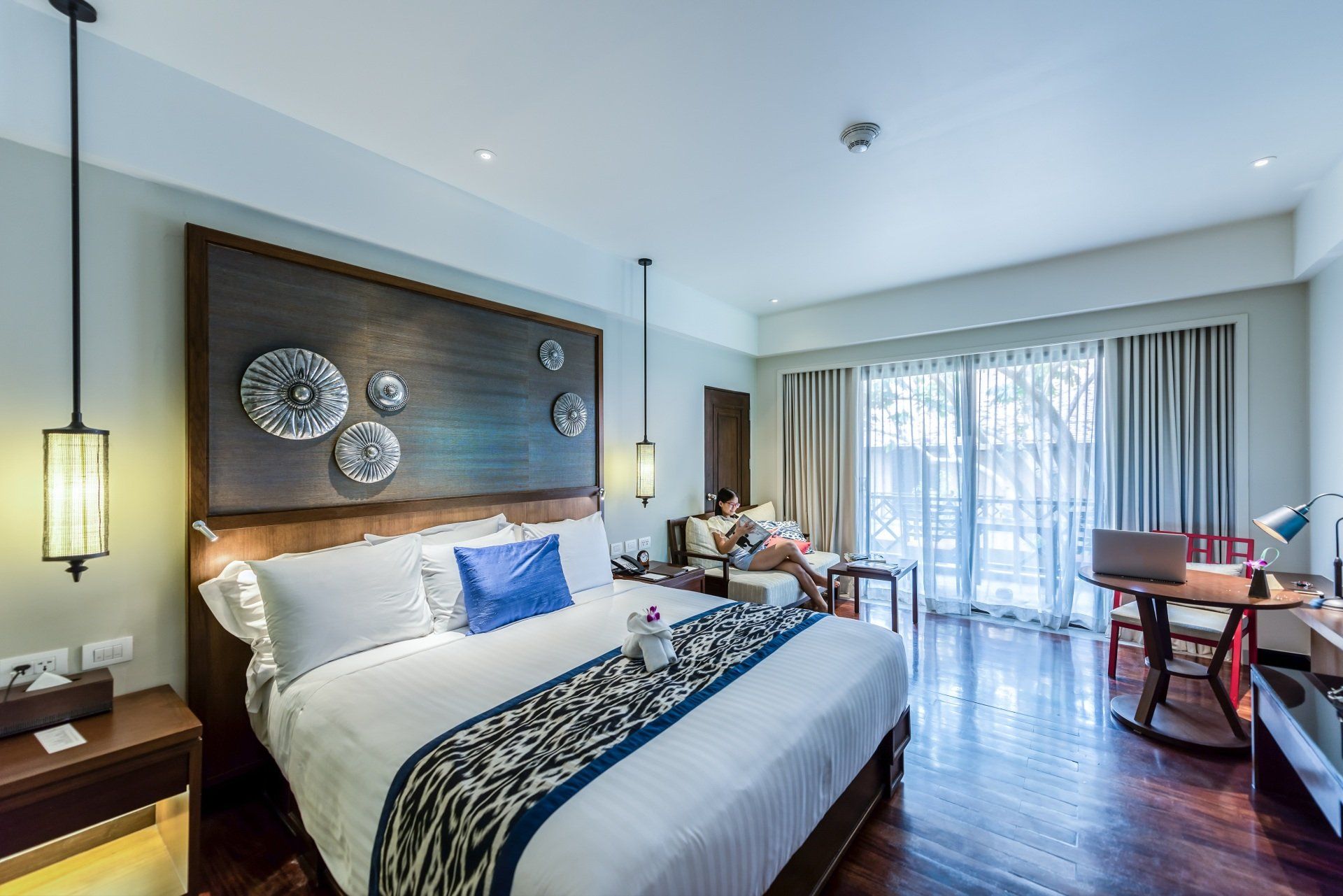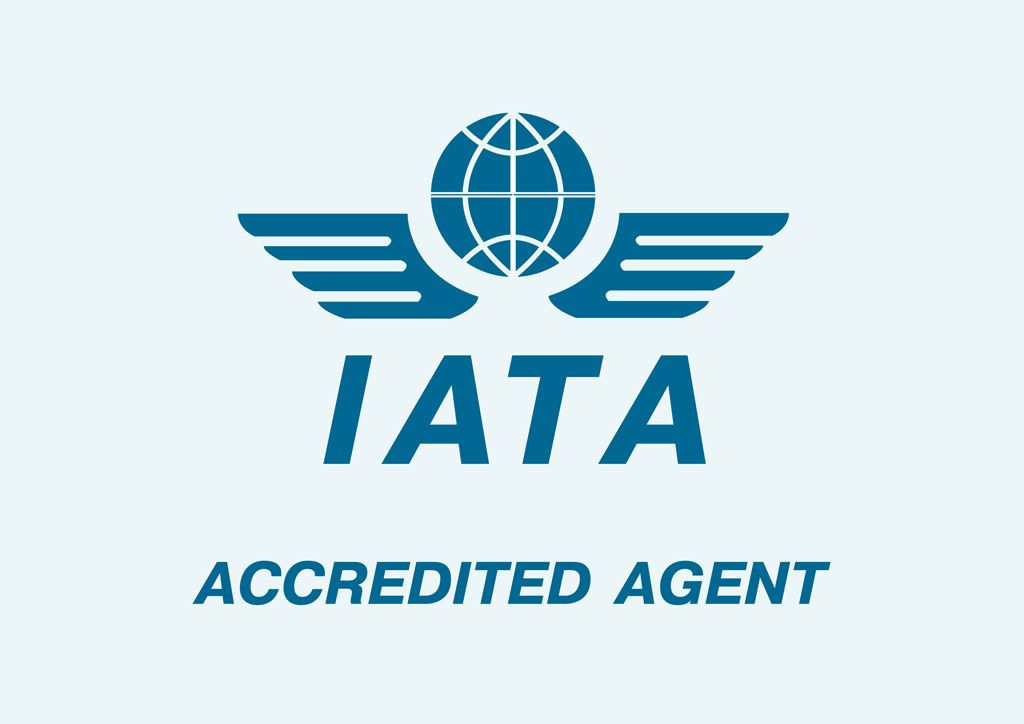Event and Meetings Industry Blog
Enjoy reading about events and meetings industry topics, trends, issues and many more. From an expert event management company, we share our thoughts, observations and hacks to help you plan successful meetings and events!

Discover the pros and cons of including meetings in an incentive travel itinerary. Should reward travel for employees remain purely about relaxation, or can a few strategic hours of meetings add value? This guide explores both sides to help companies make the best choice for their next corporate incentive trip. Perfect for anyone interested in incentive trip planning, maximizing ROI, and creating rewarding experiences that motivate and inspire teams. Read on to find out what’s best for your team!

Conferences are a fantastic way to bring people together, share knowledge, and build a community. However, if you've ever been involved in organizing a conference, you'll know that they can be expensive to run. Most conferences struggle to break even, let alone turn a profit. But what if I told you that it's possible to plan a conference that not only breaks even but actually turns a profit? In this blog post, we'll explore one key strategy for planning profitable conferences and moving beyond breaking even. Today, we're delving into the world of profitable conferences and how to make them not just successful, but truly memorable and lucrative. And to add a touch of intrigue to our event planning arsenal, we introduce the cutting-edge service of Event Forensics. Planning a conference that not only meets but exceeds your financial goals is a daunting task. With so many moving parts, it's easy to get lost in the sea of different charges, quotes, and contracts. But fear not, dear event planners, for we're here to guide you through the maze and help you emerge victorious. So, what is the secret sauce to planning a profitable conference? Should you CUT cost on decor or activations? Maybe on food and beverage at the hotel? Or maybe you should forgo a 4 piece band during awards dinner and just use the good ole' Spotify list on your iPad? What if I told you that you do not have to cut costs on anything? What if I told you that the only thing you need to do, is put your analytical hat on? Or even better, hire us to do it for you! Let's shine the spotlight on Event Forensics. This innovative service is like having a detective at your side, uncovering valuable insights and data that can significantly boost the profitability of your conference. By analyzing financial info from past conferences, Event Forensics unveils a hidden road to profitability! Imagine being able to identify what drains your budget year after year, because ... inflation.. cost of doing business... leap year... election year.. you get what we are saying! With Event Forensics, every invoice and contract from past conferences is analyzed to identify three things: Your conference's economic impact on the destination Your buying power Opportunities for savings Imagine a store that doesn't do inventory every few months. It loses leverage with its vendors and negotiating better deals looks like "throwing spaghetti at the wall and seeing what sticks". There is no meaningful strategic conversation possible. And while our competitors will tell you about relying on their negotiating and buying power, we want you to build and rely on your own. Here is what one of the clients said about the Event Forensics service: "It's a guiding tool to help you see whether you are staying within the budget, but it also helps you see whether you have room to play with. And what you helped me do was to get everything together, compare it year to year, to the sponsorship allocation..." Are you curious about the Event Forensics service? Contact us today to get more info!

Do you ever feel like you are not getting the best deal from suppliers? Do you have the feeling that not all fees are being disclosed to you upfront? And then, on top of it, you need to provide updated numbers for budget meetings and show a forecast of the spending to the annual budget for conferences. We can feel the stress building up just by asking the questions! But it's you, who is affected the most by those circumstances. To help you, we created a special service called Event Forensics. When you look at the term “forensics”, it has few meanings, but when we created the service, we focused on this one especially: "scientific analysis of physical evidence (as from a crime scene)" (source: https://www.merriam-webster.com/dictionary/forensic). How this service helps meeting planners is it analyzes "physical evidence" from past conferences, for discussion or debate. And in our world, negotiations with suppliers. After all, negotiations are a discussion or a debate, right? Our sourcing and contract negotiation services, always start with event forensics. Schedule your free consultation here. Let us tell you how this service works . When we start working with you, we will ask you to upload all necessary contracts and invoices from the last three conferences you held. For every $ that you have spent during the conference, we will assign it a category and input it into our proprietary tool. We will compare your contracted room block to the actual number of rooms occupied. If you ended up with an overflow hotel or two, we will input that data as well. We will compare your contracted food and beverage minimum to your actual spending. We will track every meal and f&b function you have had in the hotel and off-site. If you had separate meals for staff, we would track them in a separate column. Production, AV, labor, set up fees, corkage fees, bartender fees, transportation, entertainment, shipping, security, etc. we will input all of those and compare those for you year after year, so you have data from at least the last three years in front of you. If this sounds like a service you need, click here to schedule a free consultation. At the end of our Event Forensics service, you will be provided with a customized "dashboard" where you will be able to gain high-level insights of trends, with recommended customized strategies for future programs. You will know EXACTLY what your conference's economic impact on the destination is. As a final attribute, this service will help with creating the most accurate RFP needs and be ready at any point of the year for budget meetings and updates. One of our clients, with the help of Event Forensics, got rid of overflow hotels for their conference, started sourcing larger hotels for all attendees to stay in the conference hosting hotel, revised the contracted f&b minimum to leverage more concessions, and was ready for budget meetings with CEO, COO and Finance Committee. We would love to help you create unmissable events. Schedule a call TODAY!
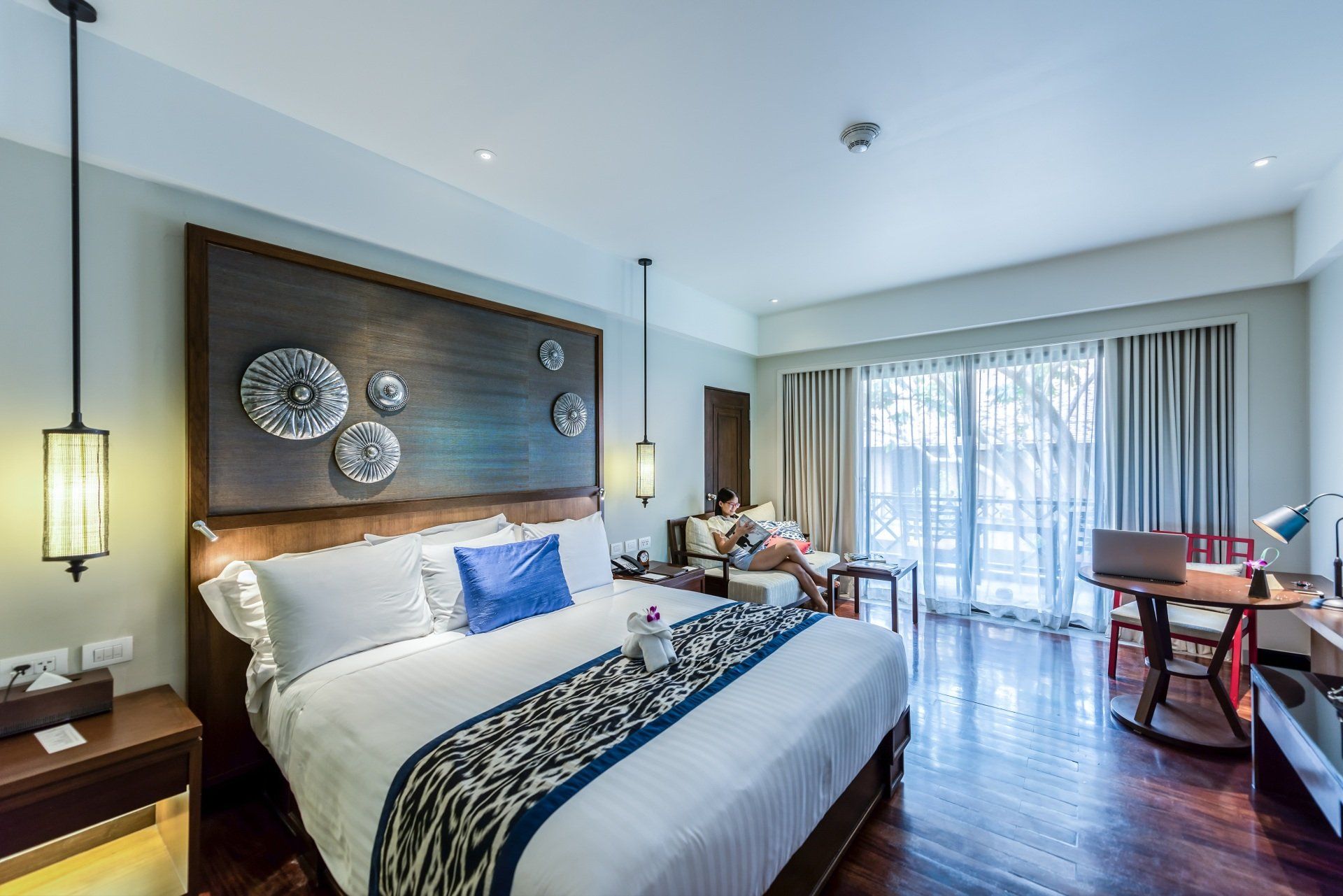
Managing room blocks can be one of your most challenging tasks. Room blocks, the reserved sets of hotel rooms for event attendees, are crucial for ensuring that your participants have a comfortable and convenient place to stay. To help you navigate this complex aspect of event planning, here are some essential tips on room block management. 1. Understand Your Audience Before you even begin to negotiate room blocks, it's vital to have a clear understanding of your event's demographic. Consider factors such as the average budget of your attendees, their preferences for accommodation, and any specific needs (e.g., accessibility, family-friendly options). This insight will guide you in choosing the right hotel(s) and in negotiating terms that best suit your attendees. 2. Start Early Hotel accommodations can fill up quickly, especially in busy seasons or around large events. Starting your room block negotiations well in advance not only ensures availability but also gives you leverage in negotiations. Early planning can lead to better rates and more favorable terms. 3. Negotiate Wisely Negotiation is key in room block management. Don't accept the first offer; instead, use your event's potential to leverage better rates or perks. Consider negotiating for complimentary rooms based on 1 per X rooms reserved should be complimentary, reduced rates for early bookings, or amenities like free WiFi or breakfast. Remember, everything is negotiable. If you need help negotiating your future contracts, drop us a line ! 4. Communicate Clearly Effective communication with both the hotel and your attendees is crucial. Ensure that the terms of the room block, including booking deadlines, cancellation policies, and room rates, are clearly communicated to your attendees. Use multiple channels to disseminate this information, such as emails, event websites, and social media platforms. 5. Monitor and Adjust Keep a close eye on your room block uptake. If you notice that rooms are being booked faster than anticipated, consider negotiating additional rooms to accommodate more attendees. Conversely, if bookings are slow, you may need to adjust your marketing strategies or renegotiate the terms to avoid penalties for unbooked rooms . 6. Leverage Technology Several software solutions can streamline room block management by providing real-time data on bookings, attendee preferences, and more. Utilizing such tools can save you time, reduce errors, and provide a better experience for your attendees. Ask hotel what kind of software they use and ask to be set up in the system. 7. Plan for Attrition Understand the attrition clause in your contract, which refers to the penalty for not filling a certain percentage of reserved rooms. Negotiate this clause to be as flexible as possible, and have a contingency plan in place for filling rooms, such as marketing to a wider audience if initial bookings are low. 8. Build Strong Relationships Cultivating strong relationships with hotel representatives can be incredibly beneficial. A good relationship can lead to better deals, more flexibility, and valuable support in managing your room blocks effectively. 9. Gather Feedback After the event, gather feedback from your attendees regarding their accommodation experience. This information is invaluable for improving future room block management and ensuring that your attendees' needs are met. 10. Learn and Adapt Each event is a learning opportunity. Reflect on what worked well and what could be improved in your room block management. Continuous learning and adaptation are key to becoming proficient in this complex aspect of event planning. By applying these tips, you can ensure a smoother process, happier attendees, and ultimately, more successful events. Remember, experience is the best teacher, and every challenge is an opportunity to learn and grow in your role.
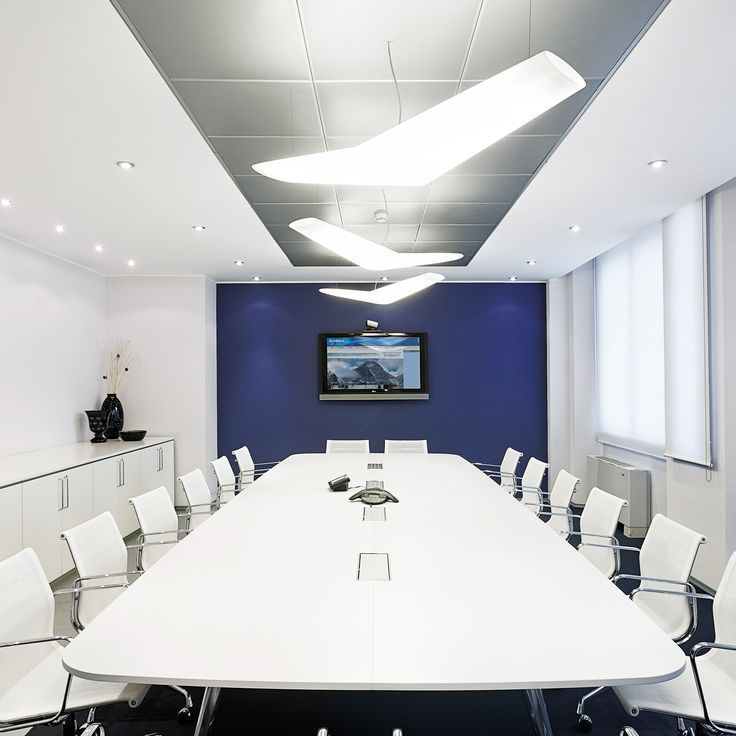
Event planning is much more than just picking a date and sending out invitations. It involves careful consideration of various elements to ensure that your event runs smoothly and leaves a lasting impression on your attendees. Successful event planning requires meticulous attention to detail, effective communication, and the ability to anticipate and solve problems . One of the key benefits of event planning is that it allows you to create a well-structured and organized event. From the initial concept to the final execution, every aspect of the event is carefully planned and coordinated. This ensures that all the elements of the event come together seamlessly, creating a cohesive and memorable experience for your guests. At PSGroup we use methodology called 7 Step Process to Event Design . Are your curious about it? Contact us and we will schedule a call! Another important aspect of event planning is budgeting. A well-planned event takes into account all the necessary expenses and allocates the budget accordingly. This helps you avoid overspending and ensures that you get the best value for your money. Event planners are skilled in negotiating with vendors and suppliers, allowing you to get the best deals and discounts. Budgeting and cost reduction are a backbone of 7 Step Process to Event Design. In addition, event planning helps you save time and reduce stress. Planning an event can be overwhelming, especially if you have limited experience or a busy schedule. By hiring an event management company like us, you can delegate all the tasks and responsibilities to professionals who will handle everything from start to finish. This allows you to focus on other important aspects of your life or business, while still ensuring that your event is a success. Here are some tips for working with an event management company. 1. Concept Development An event management company will work closely with you to understand your vision and objectives. They will help you develop a concept that aligns with your goals and resonates with your target audience. Whether you have a specific theme in mind or need help brainstorming ideas, they will guide you through the concept development process. 2. Budget Management Managing the budget is a critical aspect of event planning. An event management company will help you create a realistic budget and allocate funds accordingly. They will work within your budget to ensure that you get the best value for your money. They are skilled in negotiating with vendors and suppliers, allowing you to save costs without compromising on quality, especially using 7 Step Process to Event Design methodology. 3. Vendor and Supplier Management An event management company has an extensive network of vendors and suppliers. They will leverage their relationships to secure the best resources for your event. From venue selection and catering to entertainment and décor, they will handle all the logistics and coordination. Additionally, established relationships come in handy when you are facing attrition charges . They will ensure that all vendors and suppliers are reliable and deliver on their commitments. 4. Event Marketing and Promotion Effective marketing and promotion are essential in attracting attendees to your event. An event management company will help you develop a marketing strategy and execute it across various channels. They will use their expertise to create compelling content and engage with your target audience. From social media campaigns to email marketing, they will ensure that your event reaches the right people. 5. On-site Event Management On the day of the event, an event management company will oversee all the logistics and operations. They will ensure that everything runs smoothly and according to plan. From setting up the venue to managing the schedule and coordinating with vendors, they will handle all the details so that you can focus on enjoying the event. These are just a few key responsibilities of an event management company. They are your trusted partner throughout the planning process, providing you with the support and expertise you need. If you are in need of an event planning company, CONTACT US to discuss your future conference, meeting or incentive trip!


